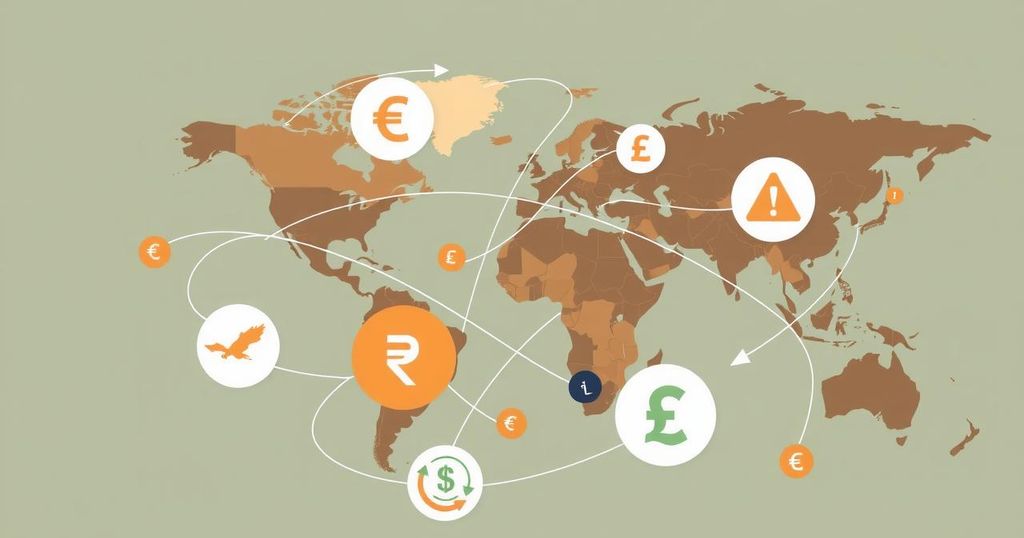Trump’s Tariff Announcement: Impact andResponses from Global Trade Partners
President Donald Trump’s administration is set to announce new reciprocal tariffs on April 2nd, targeting all U.S. trade partners. With immediate effects on countries imposing high duties on U.S. goods, there are significant implications for trade dynamics, particularly with India. U.S. allies, including Canada and the EU, express readiness to counter Trump’s trade measures.
On April 2nd, President Donald Trump’s administration is anticipated to unveil new reciprocal tariffs. The details regarding the magnitude and nature of these tariffs have yet to be disclosed, as the White House prepares for a significant announcement that is expected to influence all U.S. trade partners. Press secretary Karoline Leavitt emphasized that the president aims to eliminate unfair trade practices that have adversely affected the United States for years, stating, “It’s time for reciprocity and it’s time for a president to take historic change to do what’s right for the American people.”
The new tariffs, particularly affecting countries imposing high duties on U.S. goods, are set to be enacted immediately following the announcement. In addition, a 25% tariff on auto imports will come into effect on April 3rd. Leavitt communicated that the determination of reciprocal tariffs is ultimately at the discretion of President Trump himself, indicating a sound but anxious approach from U.S. trade partners, particularly India.
India is directing its negotiation efforts towards establishing a bilateral trade agreement with the U.S., notwithstanding Trump’s assertions that New Delhi would significantly reduce its tariffs. Indian officials have reportedly considered multiple scenarios regarding the impact of these new tariffs on their trade dynamics and maintain confidence in the ongoing trade negotiations.
U.S. Treasury Secretary Scott Bessent informed Republican lawmakers that the upcoming announcement will impose a cap on tariff levels, with potential reductions for countries willing to comply with the administration’s demands.
Reports indicate that Trump’s aides are examining a plan to implement around a 20% increase on goods sourced from all countries, estimating a revenue of $6 trillion from tariffs, intended as rebates to the affected sectors. contrary to this, the Wall Street Journal mentions preparations for a more moderate across-the-board tariff on a select group of nations.
In reaction to Trump’s impending tariffs, U.S. allies are maintaining their positions, with Canada announcing its intent to enact corresponding tariffs. Prime Minister Mark Carney’s office expressed a commitment to contesting what they consider “unjustified trade actions.” Moreover, European Commission President Ursula von der Leyen highlighted the bloc’s desire for a negotiated resolution while asserting a “strong plan” to protect the interests of European workers and businesses.
In summary, President Trump’s forthcoming announcement of reciprocal tariffs is poised to significantly alter the U.S. trade landscape. The immediate implementation of new tariffs, particularly on auto imports, reflects a shift towards addressing perceived inequities in trade practices. Despite potential challenges for the U.S. trade partners, particularly India, diplomatic efforts continue to create solutions amid heightened trade tensions. The international community remains vigilant, with Canada and the European Union prepared to respond robustly to these developments.
Original Source: www.hindustantimes.com




Post Comment